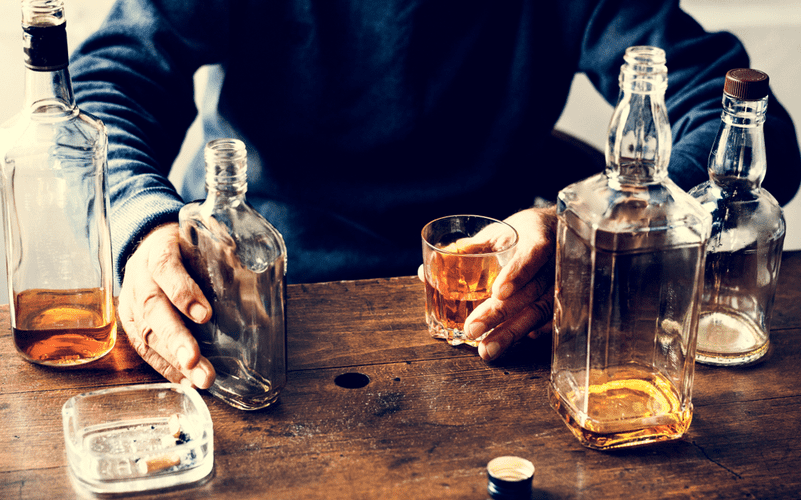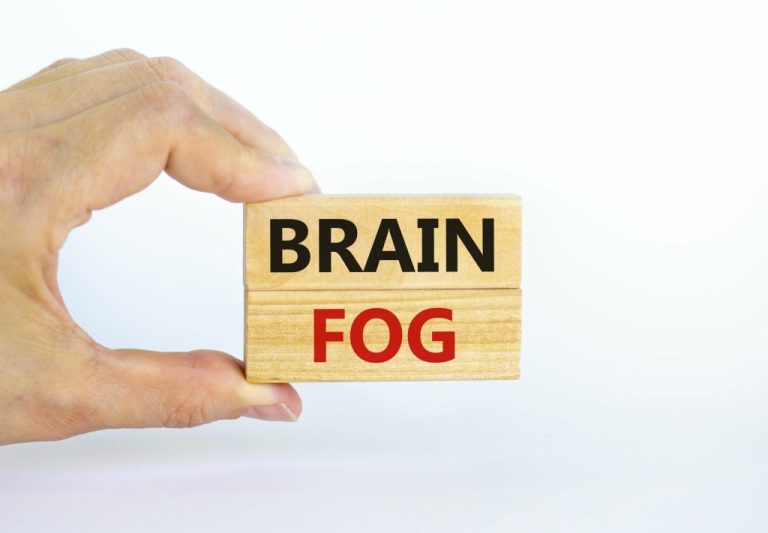The best way to resolve relationship issues is through slow, incremental change. The first day of isolation is defined as either the day after symptoms start, or the day after a positive test result if someone is asymptomatic. And then I remember having that time apart from him, I just sort of started hanging out with everyone again, and realised that I was totally fine being single as well.
- I don’t think it was healthy for him to go straight into another relationship where he was putting his self esteem into another person and looking to a partner to be reminded that he was loved.
- It should not be used in place of the advice of your physician or other qualified healthcare providers.
- While whirlwind romances are great for movies and novels, pragmatism and diligence may help preserve our recovery while adding more substance to a budding relationship.
- There is a possibility that some people won’t accept your amends.
- At the beginning of recovery, two recovering addicts need to meet for more than a few months at a time, let alone a whole year in a romantic relationship.
Today, many relationships either start online or involve communications that take place largely via digital devices. Only by allowing a relationship to evolve over a sufficient time span can you be certain of the true personality and real values of a potential partner. What is important to keep in mind, though, is how you let the person in recovery know that you’re not ready at this time to enter into a close dating relationship. You can be honest by saying that you don’t feel comfortable starting a relationship with a recovering alcoholic or dating someone who is sober. Stress that you think he or she is a terrific person and perhaps at a different time, things would be right for the two of you to date, just not now.
Questions about treatment?
Frequently, wanting to “fix” important relationships immediately is based on a desire to alleviate the emotional pain of having hurt loved ones. But pain—both emotional and physical—is an inevitable aspect of life. The process of recovery requires learning how to accept and go through the pain that relationships in recovery life brings you. Part of this process is accepting that repairing the damage your addiction has done to your relationships will only happen gradually over time—based on what you do rather than what you say. The saying “actions speak louder than words” is especially accurate related to recovery.

When you enter recovery, it’s natural to want to repair this damage as soon as possible, and your impulse might be to try to do just that. However, attempting quick fixes is rarely helpful and almost never works well. Join the thousands of people that have called a treatment provider for rehab information. Anyone with COVID-19 should also continue masking when around other people indoors for an additional five days after their isolation period ends, as some people remain contagious longer than five days. If someone tests negative on two separate at-home tests taken 48 hours apart, however, the CDC considers them safe to be around other people without a mask, even if it hasn’t been a full 10 days. I think to be fully present in a relationship, you do need to have solid self esteem and you need to believe that you’re loveable, and you need to believe in your capacity for love.
About Sober Nation
Revisit your commitment to your recovery and really evaluate whether this new friendship is worth the possibility of derailing it. Also look deep into yourself and reflect on why you would even consider having this kind of friendship or relationship. Do you secretly https://ecosoberhouse.com/ fear that you may be rejected by others if you do not cater to them or attend to them emotionally? Part of recovery is learning to know yourself, including your own emotional motivations and needs, so that you can get your needs met through healthy, not toxic means.

Sometimes a person may decide to get sober, and then meets their partner and settles down. This can make it a bit more difficult for you, the non-sober significant other, to understand why your partner decided to cut out alcohol. Even though you may never fully understand what your partner’s life was like when they were drinking or using, it matters that you make the effort to understand to the best of your ability. Most recovering addicts aren’t strangers to therapy and, as a result, have spent a lot of time working on themselves and their relationships. They have often learned critical relationship skills, including how to identify, process, and communicate their emotions, as well as how to set personal boundaries while respecting the lines drawn by others. Recovering addicts don’t expect perfection in their partners, having learned firsthand that it doesn’t exist.
Learning Center
The same traumatic event doesn’t impact all individuals, or all relationships, equally (Marshall and Kuijer, 2017). To be clear, we’re not saying that having a disagreement with your significant other is a valid excuse for alcohol or drug abuse. However, those in recovery, especially the earlier stages of recovery, are still getting used to sobriety and trying to steer clear of situations that might lead to relapse.
- You have probably spent so much time supporting your husband or wife that you have failed to look after yourself.
- In my experience (and I am just one alcoholic), step four was the “wow, I’m extremely petty” step.
- If you follow these guidelines, you will find a balance of relaxation and romance in your relationship with your partner, even if this is only for a short time.
The addicted person may feel like they are getting better and experiencing things in life that those who have their life together do. This may lead them to believe they are recovering faster than they actually are. Overconfidence like this is one of the factors that can lead to relapse. I understand that repairing a relationship will be a long and challenging journey, and if one partner is an active addict, a healthy relationship is virtually impossible.